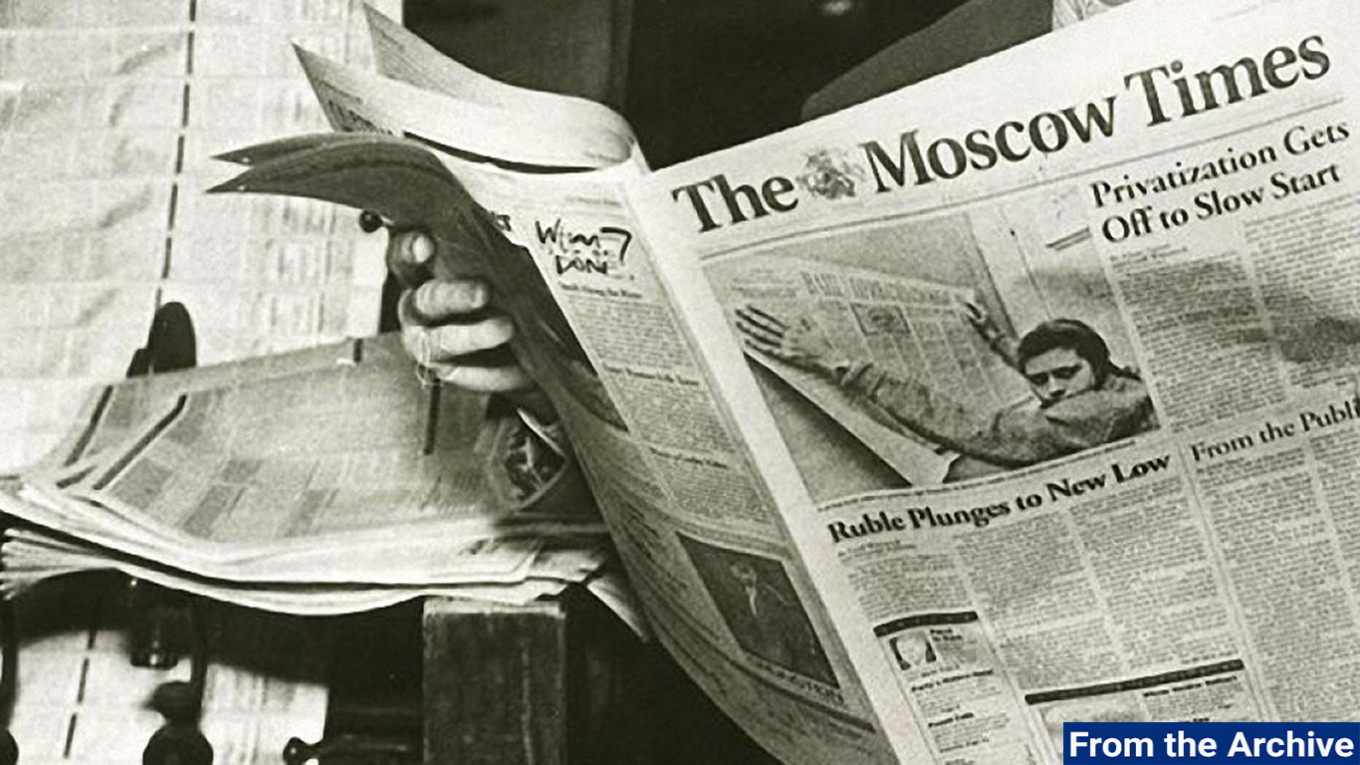
Feb. 11, 1993 — Russia’s labor minister turned back the clock Wednesday with a startling official message for working women: Stay at home, raise children, keep house — and leave the other jobs to men.
“Why should we employ women when men are unemployed? ” Gennady Melikyan said at a news conference. “It’s better that men work and women take care of children and do the housework”.
“I don’t want women to be offended, but I seriously don’t think women should work while men are doing nothing”, the minister added in reference to the growing number of jobless men. “Russia is the only country with so many working women.”
Women made up 51% of Russia’s work force under communism, compared with 45% in the United States in 1990. The ratio here has steadily declined in the last two years, according to Anastasia Posadskaya, director of the Center for Gender Studies of the Russian Academy of Sciences, since more than 70 percent, of Russia’s 600, 000 unemployed are women.
Many of Russia’s 3 million “invisible unemployed,” those retained at nearly bankrupt state industries with reduced hours and wages to hold down official unemployment figures, are also women, officials say.
Melikyan’s comments are echoed in a new draft law on the family that the Supreme Soviet is considering. It provides financial incentives to keep women out of Russia’s shrinking work force and in the home.
While the bill allocates extra funding to women with children, it does not require the state to provide free day care for children of working women as was provided under the old Communist system.
In addition, the bill calls for some mothers to be paid for being homemakers. Women with three or more children will be paid by the state to stay home and raise their children.
“Although benefits to families will increase, women will be forced to stay at home as babysitters; ” said Vera Soboleva, international projects director of the Women’s Union of Russia, which has more than 1 million members.
“It is not reasonable to keep such a rich potential of the work force as homemakers”, Soboleva added. “The government wants to increase the population of Russia, but this is not the way. It is impossible for a family to live on one salary now”.
The first draft of the law was even more controversial. It potentially nullified women’s rights to abortion and prevented women with children under 14 from working more than 35 hours a week. But such clauses were withdrawn following criticism by women’s and human rights groups, said Viktor Yushkevichus, chairman of a parliamentary subcommittee on the protection of women’s interests.
The draft law also provides benefits to children with AIDS, guarantees women’s right to artificial insemination and legalizes the status of midwives, Yushkevichus said.
Melikyan said that in the past women were pushed into the work force as part “of an extensive strategy to develop the economy. We needed more people to fill new jobs”.
“But for what do we need it now? ” asked Melikyan, citing increasing unemployment.